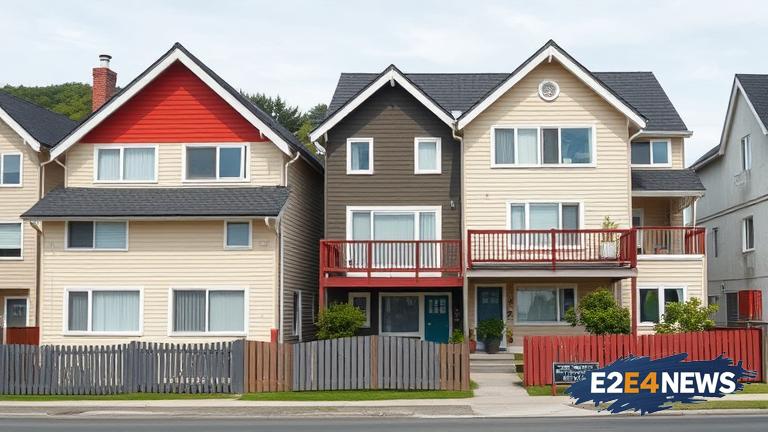A growing concern over the state of student accommodations in Dunedin, New Zealand, has led to a plea for the implementation of a rental warrant of fitness. This comes as students and advocates express dissatisfaction with the current condition of many student flats, citing issues with mold, dampness, and inadequate heating. The University of Otago, one of the city’s major institutions, has a significant student population, many of whom rely on these flats for housing. However, the lack of regulation and oversight has resulted in many properties falling short of basic health and safety standards. Students have reported experiencing respiratory problems, among other health issues, due to the poor living conditions. The situation has sparked outrage among student groups and community leaders, who argue that a rental warrant of fitness is essential to protecting the well-being of tenants. Such a system would require landlords to meet specific criteria, including adequate insulation, ventilation, and heating, to ensure that properties are safe and healthy for occupation. Proponents of the warrant of fitness argue that it would not only improve the living conditions for students but also help to reduce the risk of accidents and illnesses associated with substandard housing. Furthermore, it would provide a level of accountability for landlords, who would be required to maintain their properties to a certain standard. The call for a rental warrant of fitness in Dunedin is not an isolated incident, as similar concerns have been raised in other parts of New Zealand. The issue highlights the need for greater regulation and oversight in the rental market, particularly when it comes to student accommodations. Students are often vulnerable to exploitation, and the lack of protections can leave them at risk of being taken advantage of by unscrupulous landlords. In response to the concerns, local authorities and the university have begun to take steps to address the issue, including conducting inspections and working with landlords to improve conditions. However, advocates argue that more needs to be done to ensure that all student flats meet basic health and safety standards. The implementation of a rental warrant of fitness would be a significant step forward in achieving this goal. It would provide a clear and consistent standard for landlords to follow, and would help to ensure that students have access to safe and healthy housing. In addition to the benefits for students, a rental warrant of fitness could also have positive impacts on the broader community. By improving the quality of housing, it could help to reduce the burden on local healthcare services and improve overall public health. The issue of substandard student accommodations is not unique to Dunedin, and the call for a rental warrant of fitness highlights the need for a national conversation about housing standards. As the debate continues, it is clear that the implementation of such a system would be a significant step forward in protecting the rights and well-being of tenants. The university and local authorities must work together to address the issue and ensure that students have access to safe and healthy housing. This can be achieved through a combination of education, regulation, and enforcement, and by working with landlords to improve conditions. Ultimately, the goal should be to create a housing market that prioritizes the needs and well-being of tenants, rather than just the interests of landlords. By doing so, we can help to ensure that students have access to the safe and healthy housing they deserve, and that they are able to thrive in their academic and personal pursuits.
